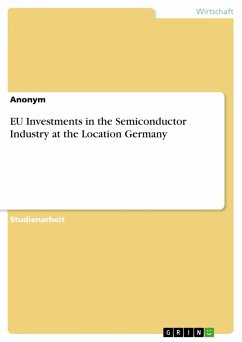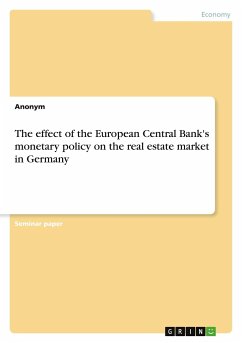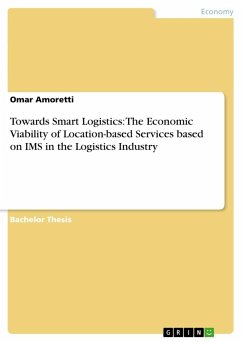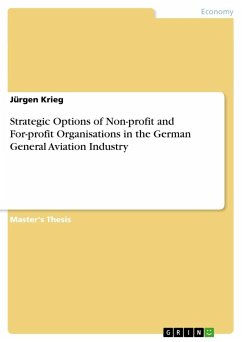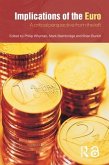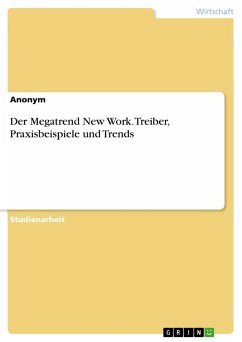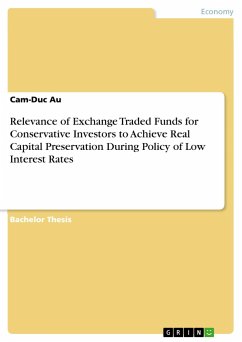Studienarbeit aus dem Jahr 2021 im Fachbereich BWL - Investition und Finanzierung, Note: 1,3, , Sprache: Deutsch, Abstract: Semiconductors are a scarce commodity (as of 2022). Due to the Corona pandemic, demand for electronic components in Germany, Europe and globally is stronger than ever. The worldwide shortage of semiconductors has led to many sectors of the economy, such as the automotive industry and also companies for the manufacture of medical electrical equipment (respirator), having to pause or even terminate their productions. This state of affairs showed the countries of the European Union (EU) more clearly than before the strong dependence on the USA and China in this area. For this reason, the EU decided in 2022 to maintain and strengthen the European semiconductor industry with a chip law or investment in order to be able to take a leading position internationally. The German semiconductor industry can also benefit from the new chip law. Companies such as Infineon Technologies, Siltronic and Carl Zeiss SMT, which have their production sites predominantly in Germany, can thus strengthen their international positions. But the EU chip law also attracts non-European semiconductor companies to Europe or to the EU member states. This could drastically change the local semiconductor market in a few years. Currently, Germany's largest chip manufacturer, Infineon Technologies. What impact does the EU investment have on the company? What factors should Infineon Technologies consider for future investments in Germany as a location? Does an investment in Germany still make sense at all compared to the other EU member states?

